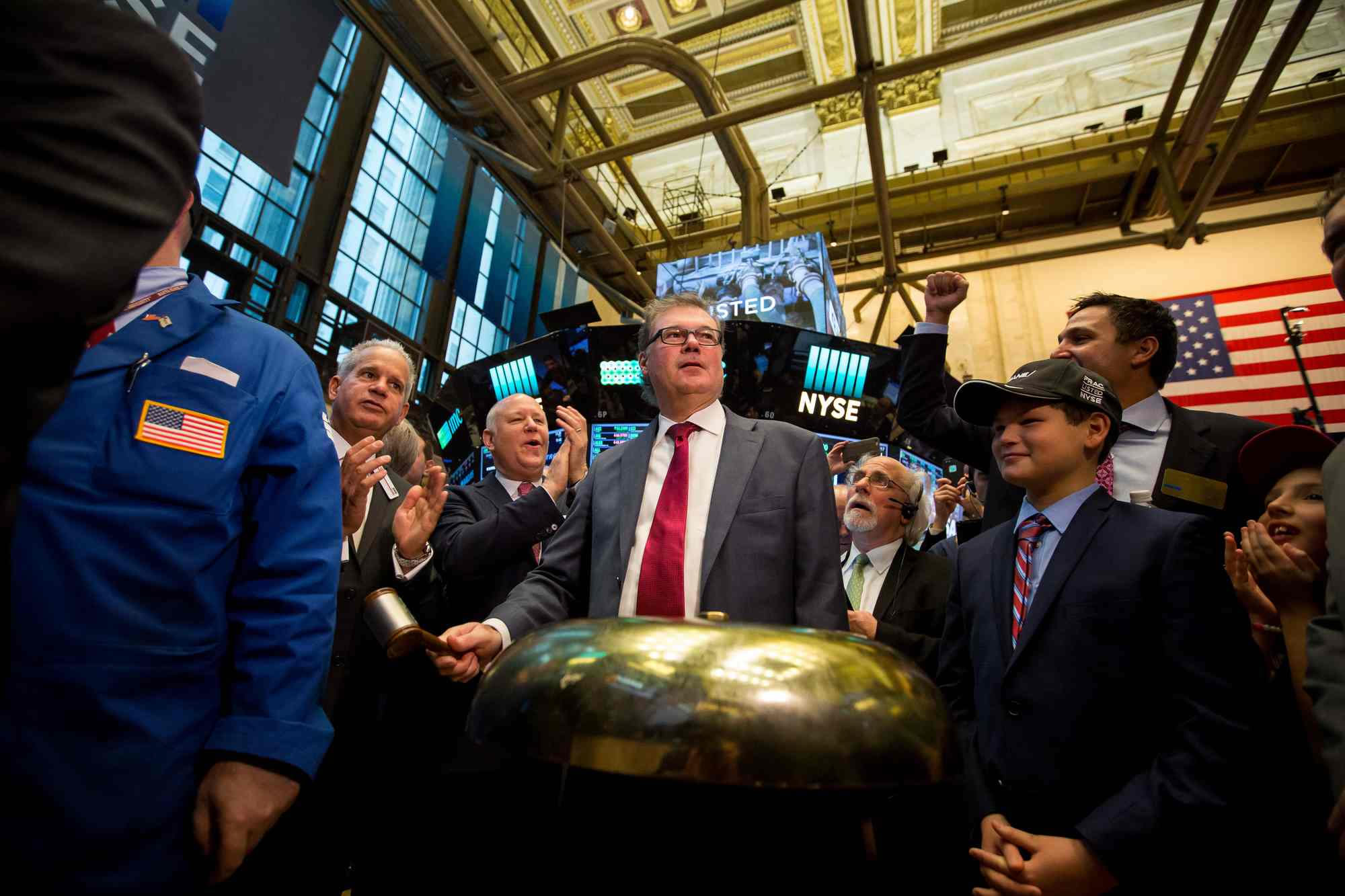China's securities regulators have shortened the processing time for companies seeking to list on domestic stock exchanges. The move aims to reduce a waiting list of over 600 applicants and start the reformation of initial public offering (IPO) procedures. But it has left many wondering if the change will help boost China's capital market or instead create new problems.
A total of 41 companies have received approval to list so far this year, while seven companies have been reviewed and rejected. The number of IPOs on the Shanghai and Shenzhen stock markets is expected to increase rapidly in 2017, following the 227 that took place in 2016.

VCG Photo
Industry insiders like Tan Jialong, senior fund analyst from Zendai Group, estimate there could be as many as 400 companies completing IPOs on both exchanges this year and that the total size of these deals could be between 200 and 250 billion yuan (29 to 36 billion US dollars). And the queue for an IPO is still long - as of January 19 there were 629 companies waiting for China Securities Regulatory Commission (CSRC) approval.
“Small and medium sized enterprises (SMEs) are in relatively strong need of fundraising. Large enterprises have almost all completed their capitalizations. SMEs are more active and play more of a role in terms of economic transform and modern service industry upgrade,” Tan told CGTN’s reporter Ying Junyi.
“Therefore, allowing them more opportunities in the capital market on a fair basis will be good for the real economy,” Tan added.

VCG Photo
Tan believes the increase in IPOs will primarily take place on Shenzhen's ChiNext and SME boards. That may lead to the devaluation of some over-valued companies.
Chinese retails investors typically chase new shares on their first trading days as listing rules guarantee strong returns for new stocks. Shares of Ningbo Haitian Precision Machinery, for example, gained 2,186 per cent in 30 trading days after its debut on the Shanghai Stock Exchange.
“The average valuation of this round of IPO is pretty reasonable, below 23 times to earnings. And that leaves some room for growth in secondary markets. Because of the room, starting from last year, a large amount of capital crowded the secondary market to buy new shares. But more listings will add liquidity pressure to the entire market,” said Yang Zhongning, an analyst from Guodu Securities.
Last year, Hong Kong retained its crown for global IPOs. But that trend might not last, as many companies, especially tech firms, are looking to float their businesses elsewhere.
undefined
More than 100 companies have already submitted their applications this year, but few are technology firms. Currently, Tencent and Lenovo are the only major names in that category represented on the Hang Seng.
Many high-tech startups have dual-class or partnership models that Hong Kong’s exchange doesn’t allow. Instead of the one share, one vote concept, the weighted voting right empowers certain shareholders, which is a common practice in the United States, but not in Hong Kong.
Alibaba's Jack Ma says he will take his AliPay IPO elsewhere if Hong Kong can't accommodate varied voting rights.
(CGTN's Ying Junyi and Pamela Ambler contributed to this story)









